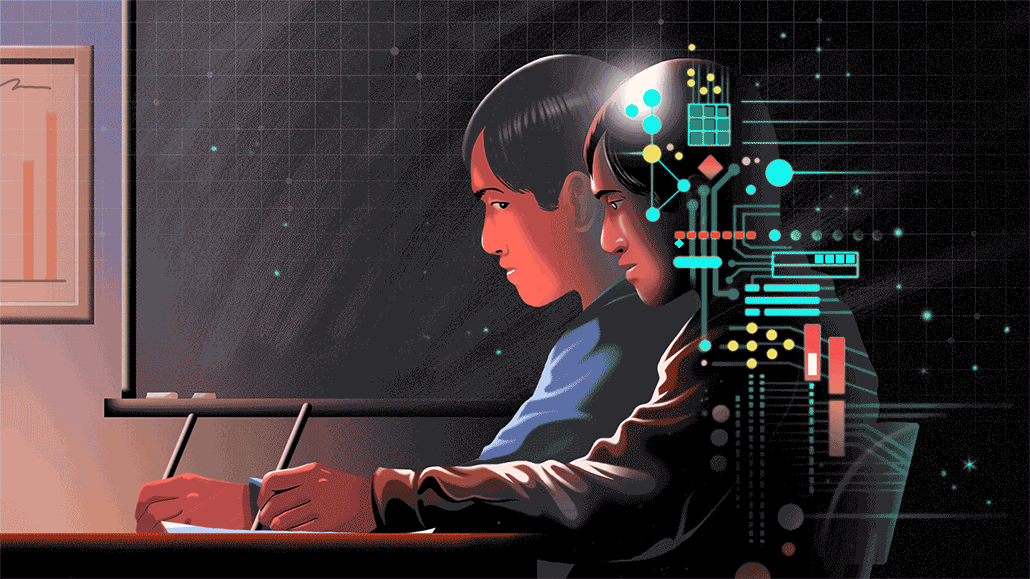Questions for “Think twice before using ChatGPT for help with homework”

ChatGPT is impressive and can be quite useful. It can help people write text, for instance, and code. However, “it’s not magic,” says Casey Fiesler. In fact, it often seems intelligent and confident while making mistakes — and sometimes parroting biases.
Glenn Harvey